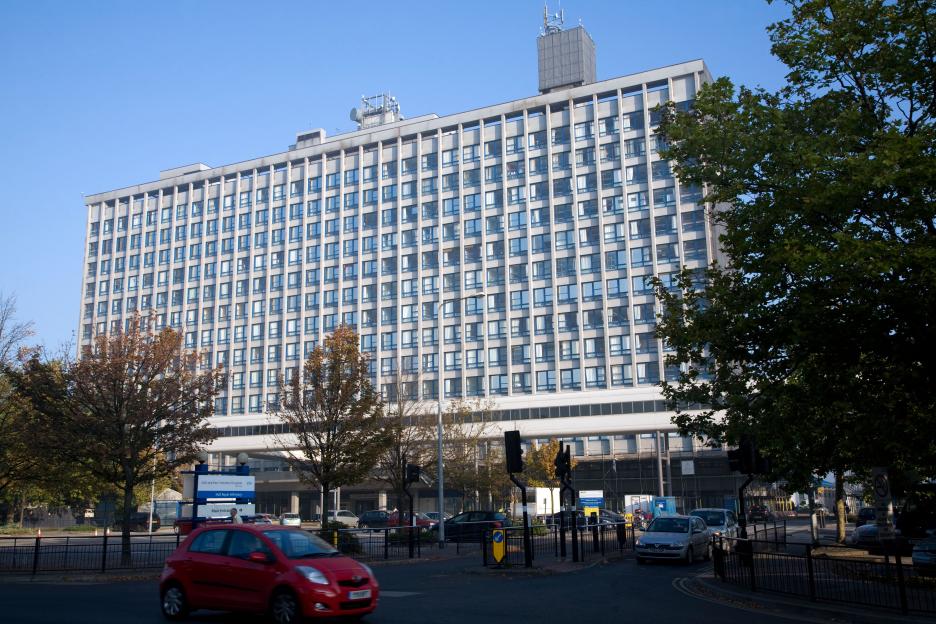EVERY newborn baby in England will receive a fresh health test following a hefty £650million investment.
The scheme will see babies’ DNA mapped in order to assess their risk of contracting hundreds of .
 Newborn babies in England will receive a fresh health test to assess their risk of contracting certain diseases
Newborn babies in England will receive a fresh health test to assess their risk of contracting certain diseasesMore than half a billion pounds will be pumped into the move, The Telegraph reported .
Gene technology will be instrumental in “leapfrogging disease, so we’re in front of it rather than reacting to it”;, Health Secretary Wes Streeting said.
The tests will sequence newborn’s DNA by extracting blood samples from their umbilical cords shortly after they have been born.
The move is part of a 10-year health plan,due to be published early next month, which will put an emphasis on personalised medicine.
It is hoped that the change will catalyse the end of blanket screening for issues including high cholesterol and after the problem has become entrenched in patients.
The Department for Health and Social Care said that genomics â the study of genes â and AI would be used to “revolutionise prevention”; and provide faster diagnoses and an “early warning signal for disease”;.
Mr Streetingsaid: “The revolution in medical science means that we can transform the NHS over the coming decade, from a service which diagnoses and treats ill health, to one that predicts and prevents it.
“Genomics presents us with the opportunity to leapfrog disease, so we’re in front of it rather than reacting to it.
“With the power of this new technology, patients will be able to receive personalised health care to prevent ill health before symptoms begin, reducing the pressure on NHS services and helping people live longer, healthier lives.
“Our 10-year plan will build on the founding promise of the NHS, so that it provides health care free at the point of risk, not just need.”;
It comes after hospitals began screening of newborn babies for genetic illnesses in a world-first NHS study last year.
Thirteen clinics innow carry out blood tests on more than 500 infants, ahead of plans to roll it out to 40 hospitals nationwide.
Heel-prick tests check for nine rare but serious illnesses. The newDNAstudy aims to identify 200 more.
NHSchief exec Amanda Pritchard said: “If we can diagnose and treat children for rare genetic conditions years earlier, we have the power to help stop debilitating conditions.
“This will be life-changing for families.”;
Plus, ain 15 minutes or less, experts have claimed.
The “breakthrough”; blood test was able to diagnose men withwith 90 per cent accuracy in a new study.
Scientists from Aston University,, developed a new method that analyses crystal-like structures in dehydrated blood.
Professor Igor Meglinski said the non-invasive technique can detect prostate cancer before symptoms appear with up to 90 per cent accuracy.
“This breakthrough opens new avenues for cancer diagnosis and monitoring, representing a substantial leap forward in personalised medicine and oncology,”; he said.







